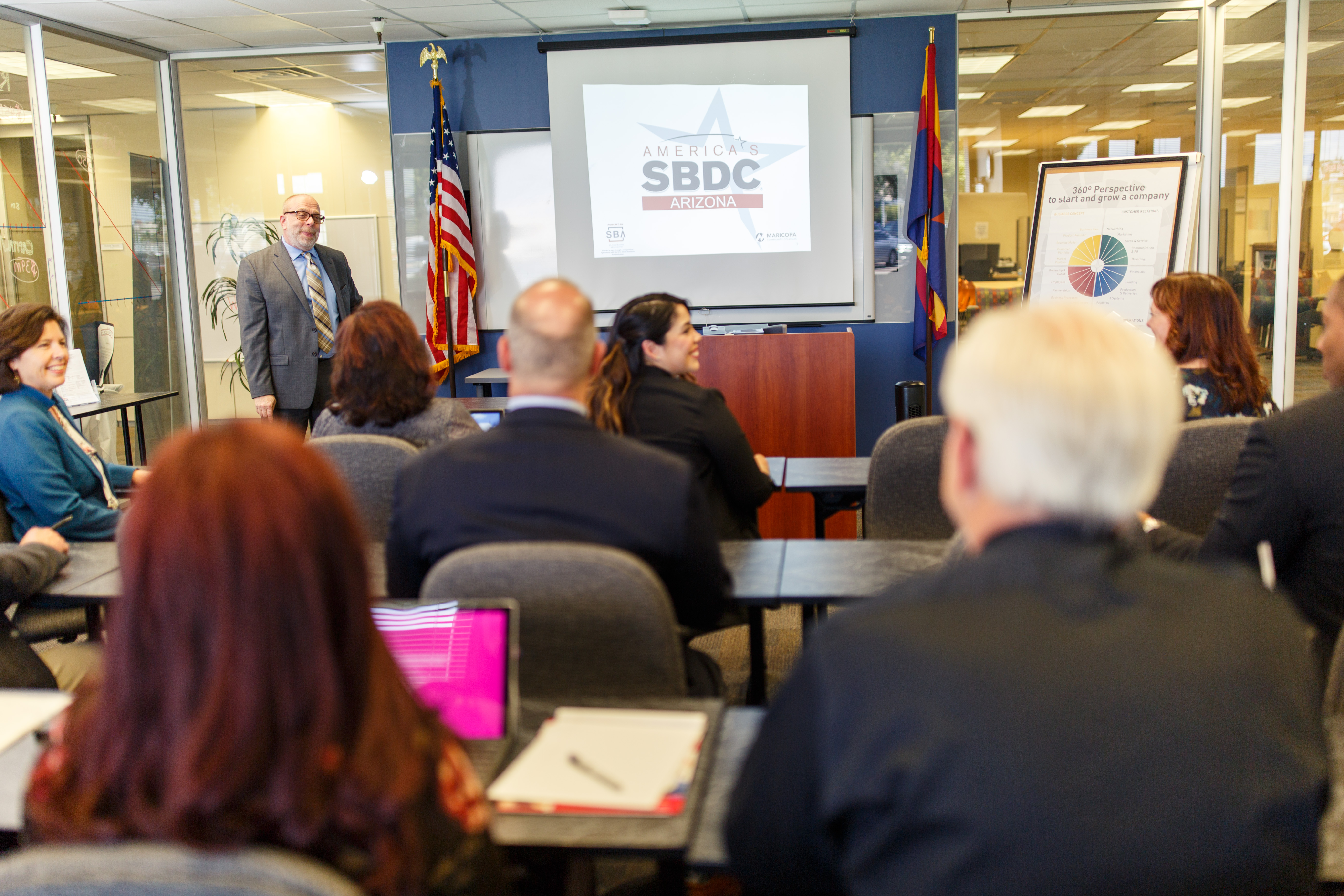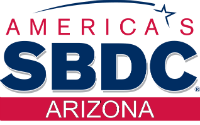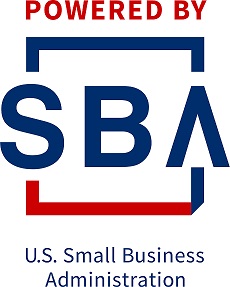The U.S. Department of Labor’s Wage and Hour Division (WHD) has announced a new nationwide pilot, the Payroll Audit Independent Determination (PAID) program, which facilitates resolution of potential overtime and minimum wage violations under the Fair Labor Standards Act (FLSA). The program’s primary objectives are to resolve such claims quickly and without litigation, to improve employers’ compliance with overtime and minimum wage obligations, and to ensure that more employees receive the back wages they are owed—faster.
At times, employers may be the first to uncover violations of overtime or minimum wage laws. Many employers prefer to correct their mistakes and voluntarily pay their employees the wages they are owed. Fearing full-scale federal investigations or costly litigation, employers may choose not to address the violations at all—resulting in losses to employees, employers, and taxpayers.
Purpose of the program:
The primary goals of the PAID program are identifying and correcting non-compliant practices so employees receive 100 percent of their back wages due. To that end, the PAID program will require employers to review their pay practices, accept compliance assistance, and correct the practices that led to the errors. WHD expects that many more employers will self-report and, as a result, that many more employees will be paid more quickly.
How it works:
Under the PAID program, employers are encouraged to conduct audits and, if they discover overtime or minimum wage violations, to share this information with WHD, work with us in good faith to correct their mistakes, and provide due compensation to their employees in an expedited manner.
WHD will oversee the PAID program and, in each case, will evaluate the amount of wages due and supervise employers’ payments to employees. Employees will receive 100 percent of the back wages paid, without having to pay litigation expenses, attorneys’ fees, or other costs. They will also receive their back wages quickly—unlike in litigation, which can take years.
Employers that voluntarily self-report and work with the Department in good faith to take corrective action under the PAID program will not be subject to liquidated damages or civil money penalties as a condition to finalize settlements. Without exception, employers that participate in the program will be required to pay 100 percent of the back wages due for the violations they seek to resolve.
Safeguards to prevent abuse:
The PAID program includes the following safeguards to protect employees and prevent abuse of the program:
- Employers may not participate in the program if WHD determines they are acting in bad faith or are under investigation for the potential violations at issue.
- Self-reporting is a requirement to participate—the PAID program is not available to settle ongoing lawsuits.
- Repeat violators cannot use the PAID program to resolve recurring violations.
- Settlements will be limited to the violations that employers self-report, and employees will not be required to accept settlements if they disagree with them.
How to participate in the program:
All FLSA-covered employers are eligible to participate in the PAID program. To do so, employers must first review the program requirements and compliance assistance materials available on our PAID website, then audit their compensation practices for potentially non-compliant practices. If the employer discovers any non-compliant practices or believes its compensation practices may be lawful but wishes to proactively resolve any potential claims, the employer must then contact WHD to discuss the issues for which it seeks resolution. Unless WHD denies the employer’s request to participate in the program at the outset, WHD will inform the employer of the manner in which the employer must submit required information.
WHD will then evaluate the information provided and contact the employer to discuss next steps, including the collection of any other information necessary for WHD to assess the back wages due for the identified violations. After WHD assesses the back wages due, it will issue a summary of unpaid wages. WHD will also issue forms describing the settlement terms for each employee, which employees may sign to receive payment. Employers are responsible for issuing prompt payment; WHD will not distribute the back wages. Employers must pay all back wages due by the end of the next full pay period after receiving the summary of unpaid wages and provide proof of payment to WHD expeditiously.
Employers are required to follow specific protocols at each stage of program participation. Please visit the PAID website for the most current and complete program information.
WHD will implement the PAID pilot program nationwide for approximately six months, after which it will carefully evaluate the program and consider future options. WHD encourages employers to audit their compensation practices and consider participating in the PAID program. This will be a win for employees, a win for employers, and a win for taxpayers. More information about the program is available at www.dol.gov/whd/paid/.




